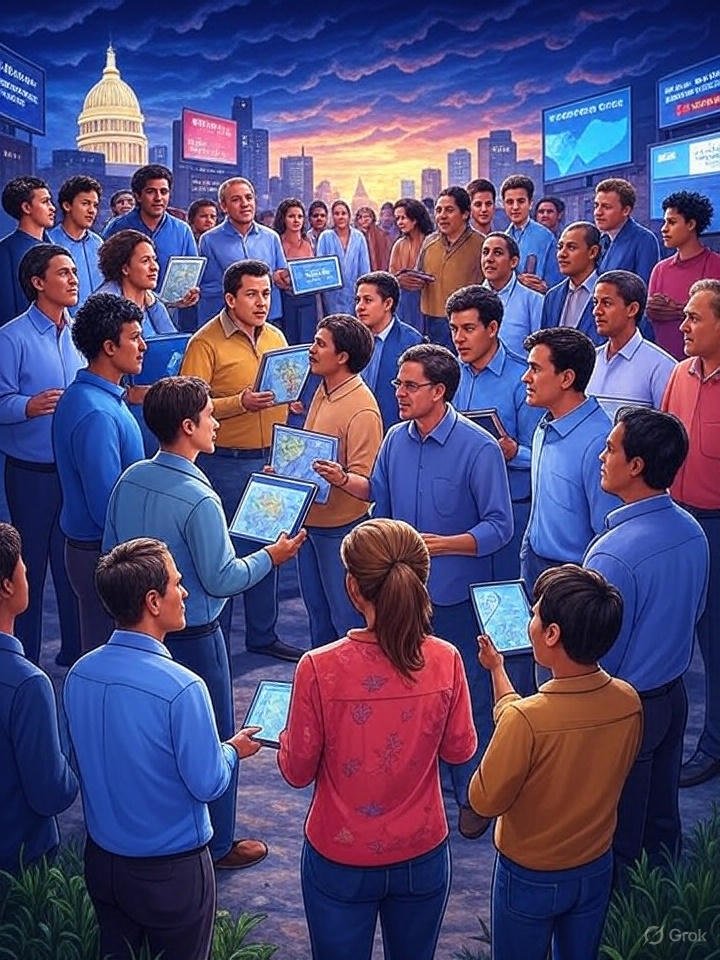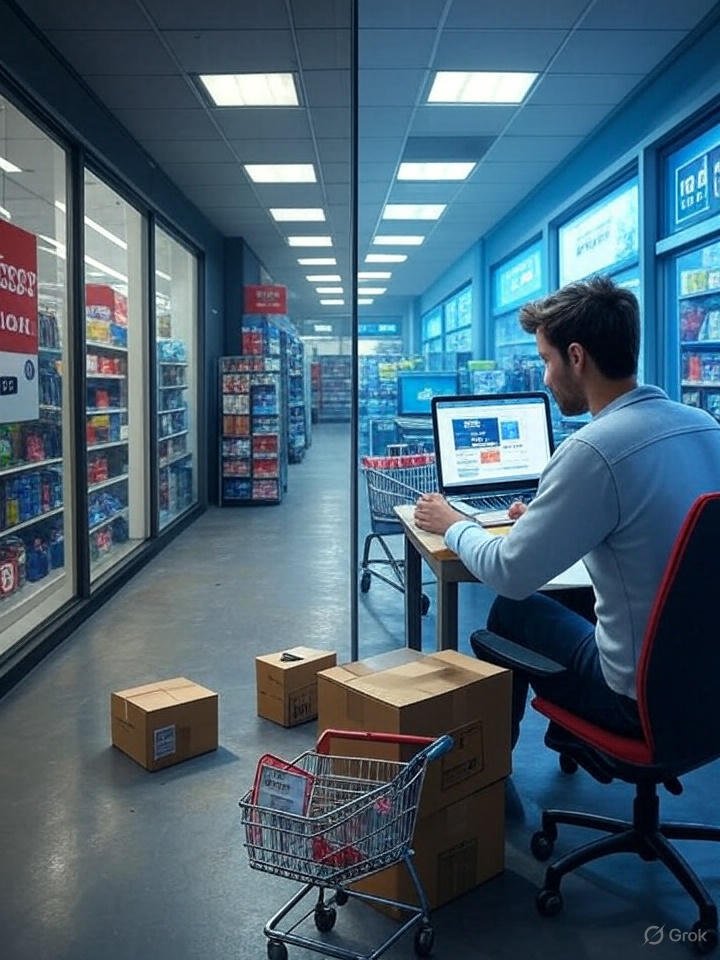Artificial Intelligence (AI) is no longer a futuristic concept—it’s actively transforming global industries. From automating routine tasks to enabling breakthrough innovations, AI’s influence continues to expand. Here’s how AI is revolutionizing key sectors and what it means for businesses and professionals.
1. Healthcare: Precision Medicine and Diagnostics
AI-powered tools analyze medical data faster and more accurately than humans. Machine learning algorithms detect early signs of diseases like cancer with 95% accuracy (Nature Medicine). Predictive analytics also help personalize treatment plans, improving patient outcomes.
2. Manufacturing: Smart Factories and Predictive Maintenance
Industrial AI optimizes production lines, reducing downtime by 50% (McKinsey). Sensors and AI-driven analytics predict equipment failures before they occur, saving billions in maintenance costs.
3. Finance: Fraud Detection and Algorithmic Trading
Banks use AI to identify fraudulent transactions in real-time, decreasing losses by 30% (Deloitte). Hedge funds leverage machine learning for high-frequency trading, outperforming traditional strategies.
4. Retail: Personalized Shopping Experiences
AI analyzes customer behavior to recommend products, increasing sales by 35% (Salesforce). Chatbots handle 70% of customer inquiries, improving response times and satisfaction.
5. Agriculture: Precision Farming and Yield Optimization
Drones and AI monitor crop health, reducing water and pesticide use by 20% (IBM). Predictive models help farmers maximize harvests while minimizing environmental impact.
6. Transportation: Autonomous Vehicles and Route Optimization
Self-driving trucks could cut logistics costs by 45% (ARK Invest). AI-powered traffic management systems reduce urban congestion by 25% (MIT).
7. Energy: Smart Grids and Renewable Efficiency
AI balances power supply and demand, integrating renewable sources more effectively. Google’s DeepMind reduced data center energy consumption by 40% using machine learning.
8. Cybersecurity: Threat Detection and Response
AI identifies cyber threats 60% faster than traditional methods (Capgemini). Automated systems patch vulnerabilities before hackers exploit them.
9. Education: Adaptive Learning Platforms
AI tailors coursework to individual students, improving test scores by 30% (eSchool News). Virtual tutors provide 24/7 assistance, making education more accessible.
10. Media and Entertainment: Content Creation and Curation
AI generates news reports, video game narratives, and even music. Netflix’s recommendation engine drives 80% of viewer engagement.
The Future of AI in Business
As AI evolves, businesses must adapt or risk falling behind. Key trends include:
- Explainable AI for transparent decision-making
- AI ethics to prevent bias and ensure fairness
- Human-AI collaboration to enhance productivity
Final Thoughts
AI is reshaping industries at an unprecedented pace. Companies that integrate AI strategically will dominate their markets, while professionals with AI skills will lead the workforce of tomorrow.
Understanding these developments is crucial for staying competitive in an AI-driven economy. Those who embrace AI today will define the industries of the future.








